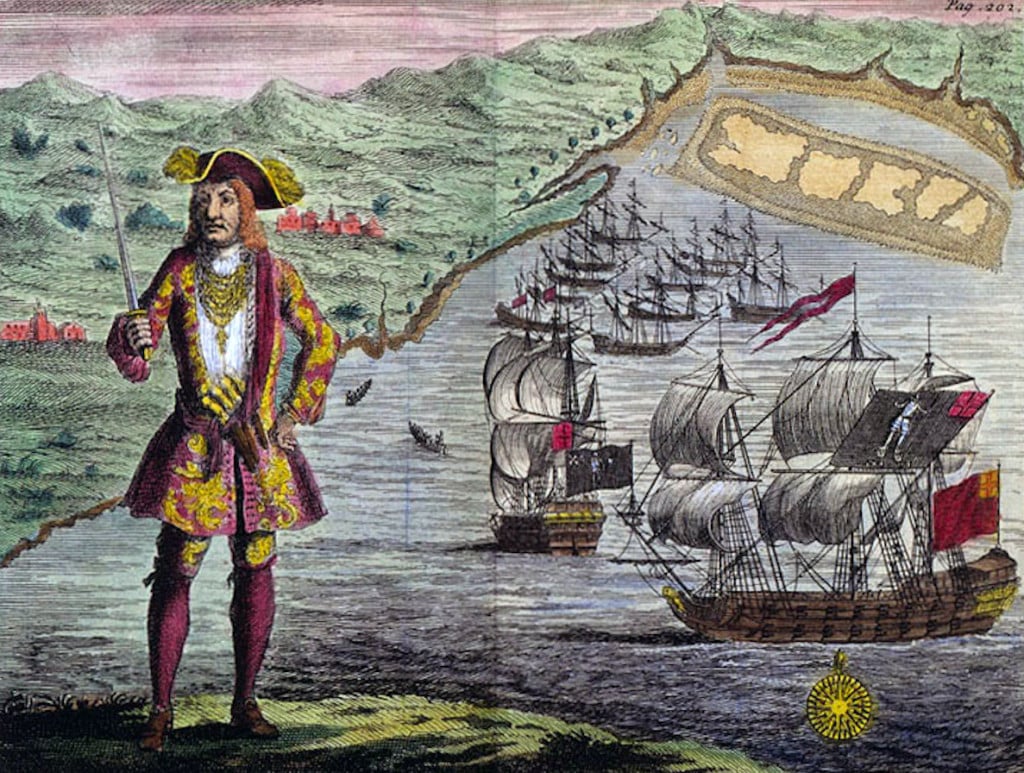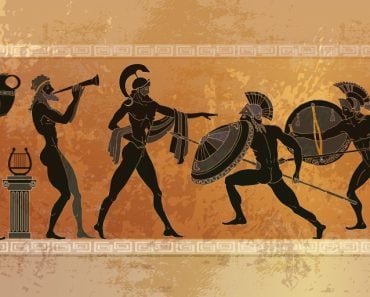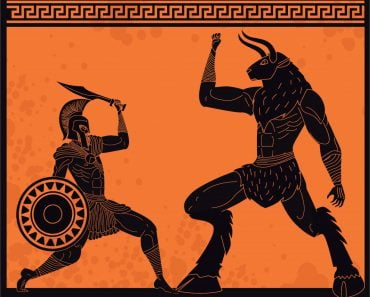Table of Contents (click to expand)
Pirate articles emerged as de facto constitutions that maintained order, ensured fairness, and established checks and balances within pirate crews.
In the realm of piracy, where the seas were a lawless expanse and chaos often reigned supreme, pirates discovered an unexpected solution to their governance dilemmas through the development of and adherence to their own unique codes of conduct, famously known as “pirate articles.”
These articles served as de facto constitutions for pirate crews, crafted to establish order, fairness, and a system of checks and balances that enabled them to operate with remarkable effectiveness, while avoiding the perilous pitfalls of autocracy.
Recommended Video for you:
Setting The Stage
Journeying back to the early 17th century, a Portuguese buccaneer, Bartolomeu Português, etched what is often hailed as the very first set of written pirate articles during the early 1660s. However, the roots of this practice of establishing rules and regulations for pirate crews trace back to a deeper maritime history, echoing the distant origins of the 12th century French law “Roles of Oleron.”
These embryonic pirate articles laid the foundations for the subsequent development of intricate and sophisticated codes of conduct that would come to define the governance of these maritime rogues.

At the heart of these pirate codes was a resolute commitment to preserving order and discipline among the motley crew members of these swashbuckling ships.
In the perilous world of piracy, where the odds were often stacked against these renegades, teamwork and coordination were not just advantageous, but absolutely indispensable. These codes were the compass that helped crews navigate the treacherous waters of internal disputes, mutinies and conflicts, safeguarding the integrity and unity of a pirate crew.
Defining The Scope
Intriguingly, the codes weren’t just a suggested set of guidelines, but truly had a tangible impact on the division of piracy spoils, popularly known as “booty.” Pirates ardently adhered to the principle of “no prey, no pay,” an intriguing concept that meant the division of ill-gotten gains among the crew was contingent on their collective and successful plunder.
The pirate articles meticulously detailed the process of dividing this treasure, ensuring fairness and transparency in the distribution. This provision not only quelled the flames of potential disputes over treasure, but also united the crew in the pursuit of wealth and adventure.

Now, the codes of conduct went beyond the division of booty; they also dictated the treatment of captives. While pirates were infamous for their ruthless raids, there existed within the codes a sense of ethical guidance when it came to dealing with captured sailors and passengers. This humane treatment, an unexpected facet of piracy, not only upheld a veneer of professionalism, but also played the strategic role of coaxing victims into cooperation and minimizing resistance during pirate incursions.
Pirates As… Democrats?
These pirate codes, remarkably, introduced an element of democracy that was conspicuously absent in the traditional hierarchies of naval and merchant vessels. Pirate crews elected their captains and quartermasters, often for specific voyages, and the articles clearly delineated the powers and responsibilities of these chosen leaders.

The crew’s ability to both elect and—when circumstances demanded it—depose their leaders provided a compelling system of checks and balances. This system prevented captains and quartermasters from slipping into tyranny or self-serving behaviors, ensuring that the crew’s interests remained at the forefront of the operations.
What makes these pirate codes even more intriguing is their adaptability. They were not static documents, but evolved over time, often varying from one pirate crew to another and sometimes even from one voyage to the next. However, these codes shared a common core that included provisions for maintaining discipline, guidelines for the equitable distribution of plunder, and mechanisms for resolving conflicts among the crew.
Initiation
The act of signing or making one’s mark on the articles and swearing an oath of allegiance or honor marked the formal initiation of a pirate crew member into the fold. This act conferred upon them certain rights and responsibilities within the crew, including the privilege to participate in the election of officers and to voice their opinions on significant matters—a far cry from the authoritarian structures that dominated other seafaring vessels of the time.

Pirate codes also contained provisions designed to address specific circumstances, such as the treatment of valuable sea artisans, including carpenters and navigators. These skilled individuals were often coerced into signing the articles under duress, ensuring that pirates had access to the expertise necessary for their maritime exploits.
Beyond their pragmatic function, adherence to these codes had a profound impact on the public perception of pirates. Rather than being mere outlaws, they became feared and revered figures in history. Their adherence to principles of fairness, democracy, and predictability (at least on paper…) contributed to their reputation as a formidable yet oddly principled force on the high seas.
Conclusion
Pirates, often portrayed as rogues of the sea, operated within a surprisingly structured framework governed by their own codes of conduct. These pirate articles were the compass guiding them through the uncharted waters of order, fairness, and self-governance. By embracing principles of democracy, accountability, and fairness, pirates managed to create a functional and effective governing system that allowed them to thrive in a perilous and ruthless world.
The pirate codes were not mere myth or Hollywood fantasy; they were a vital aspect of the pirate way of life, steering them towards success in their audacious and unlawful pursuits. Let it never be said that there is no honor among thieves…













